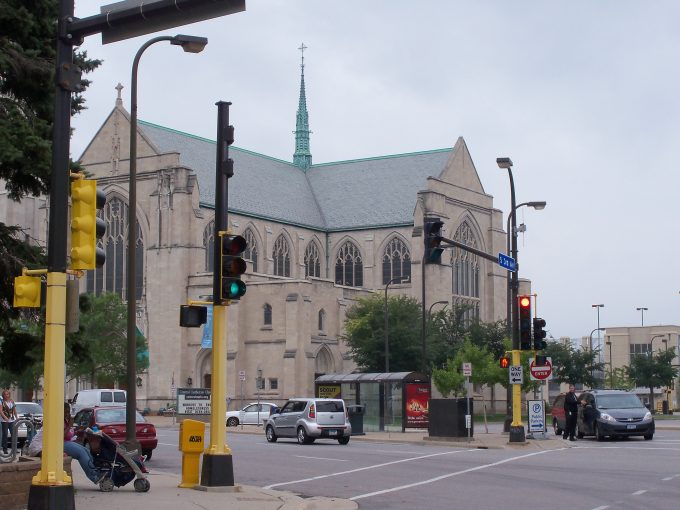
Sunday, 27 August 2017
…and to esteem them very highly in love for their work’s sake. Be at peace among yourselves. 1 Thessalonians 5:13
The Greek of the words, “and to esteem them very highly” is difficult to be dogmatic about. Two main views are 1) that the words “in love” are to be taken with “to esteem,” and then to attach “very highly” to “in love” –
“…and to esteem them in love very highly.”
Or, it could be that “love” qualifies both “esteem” and “very highly” –
“…and to esteem them very highly in love.”
Either way, the idea is geared towards loving “those who labor among you, and are over you in the Lord” They are to be given high honor for their efforts in Christ. The church isn’t just to “recognize” a leader as if one would pay honor to a president or a king, but they are to have a holy love for him as one would of a beloved leader. In such a bond, there is to be the letting go of pet peeves and minor disagreements about life, and a joining together in heart and fellowship because of Christ.
The reason for this is then stated as, “for their work’s sake.” It is not so much because of the person doing the work of ministering, but actually for the sake of the work itself. Though a person is filling the position, it is the position which is being focused on. This is actually rather important, because pastors and preachers come and go, but the position remains. The one who fills the position is to be esteemed “highly in love for their work’s sake.” In so doing this, any non-sinful failings of the person are overlooked because of the job he is carrying out for his flock.
Finally, Paul says, “Be at peace among yourselves.” There is no connecting article such as “and” here, and thus it is an entirely different thought intended for the members of the church in general, among one another. Not only are they to show loving esteem for their leaders, but they are to act in peace towards one another as well. This is a sentiment seen elsewhere. Jesus says substantially the same thing in Mark 9:50. Paul says it in Romans 12:18, and again with the same idea, but different words in Romans 14:19.
Life application: A church is only a home to those in it if they treat it as a home. When we are with our family, we will hopefully give respect to the parents, demonstrate love towards one another, and attempt to live at peace. If we carry this same attitude with us to the church, then it will function in the intended manner. The ultimate purpose of going to church is to bring glory to God, not have donuts and coffee. If we fail to follow through with Paul’s words, we will fail at glorifying God.
Gracious, merciful God – forgive us for treating our time at church as a social affair. We hurry to get coffee and see what good things are laid out to eat, we talk about our successes of the past week, we let the music become our enjoyment (or become upset when we don’t like it), and we forget that the entire purpose of church is to glorify You. We should hunger after Your word which reveals You. We should long for a close walk with Christ whom Your word points us to. And, we should revel in the day when we will be in Your presence forever. Help us to have this attitude as we come into Your presence at church. Amen.




